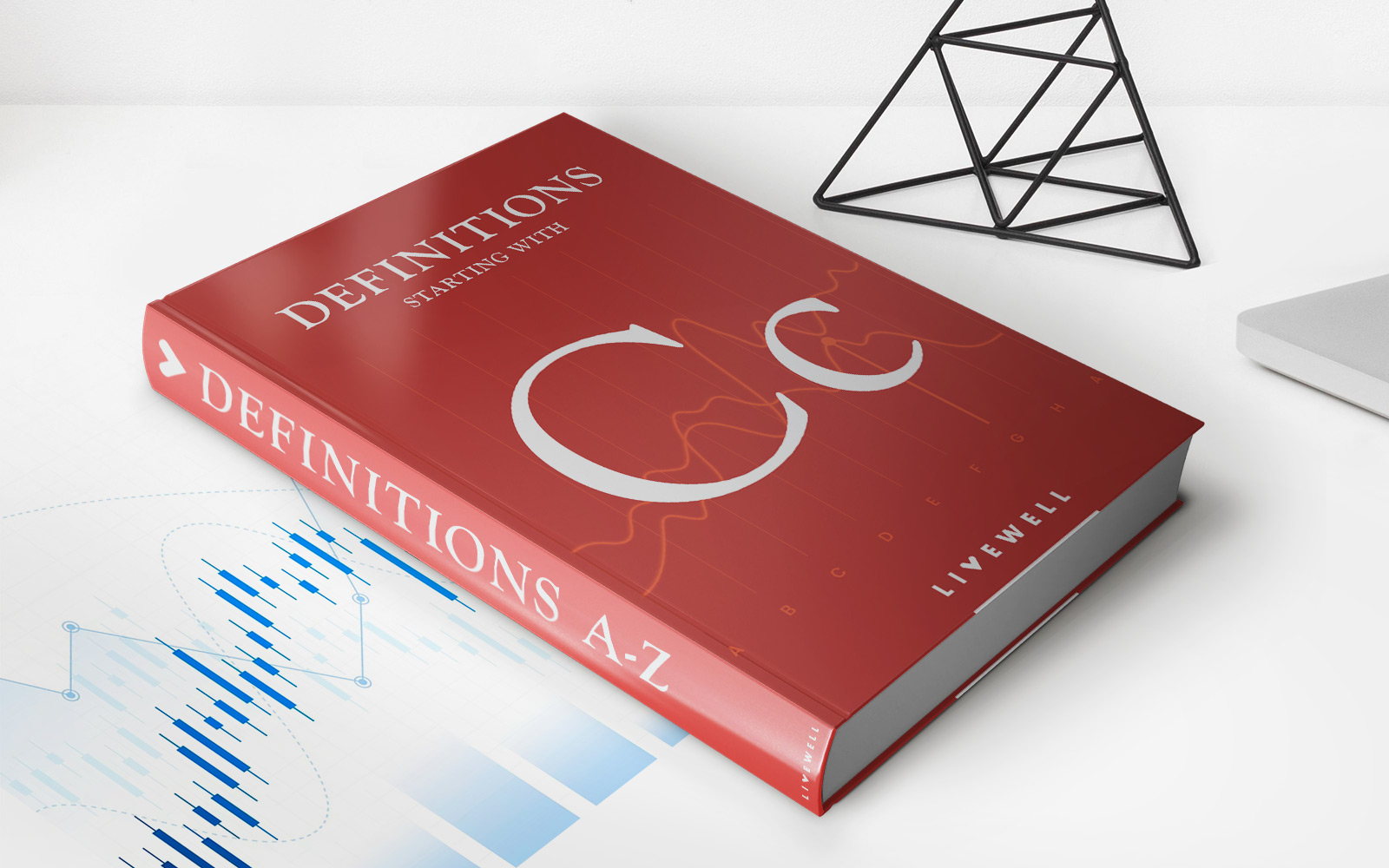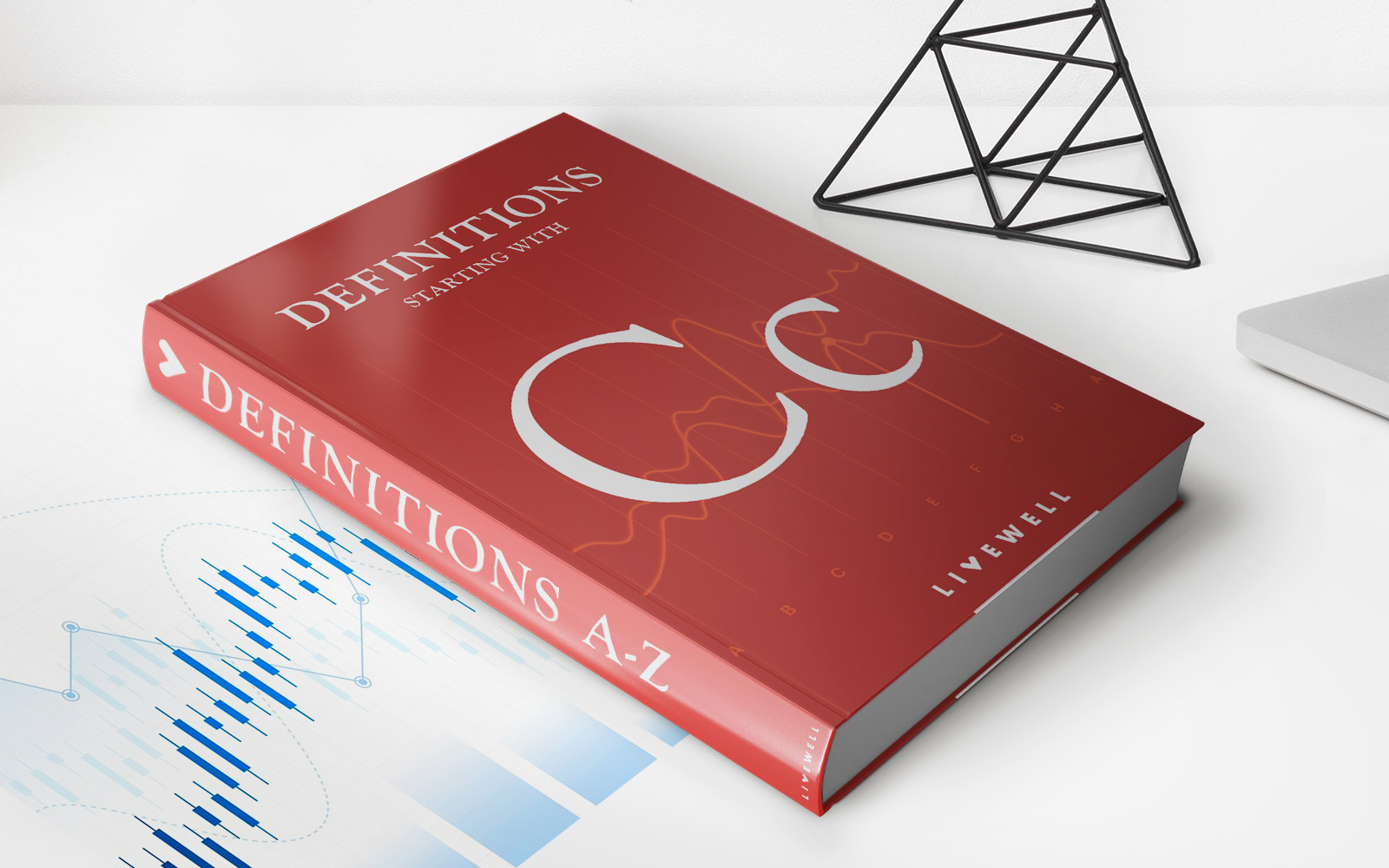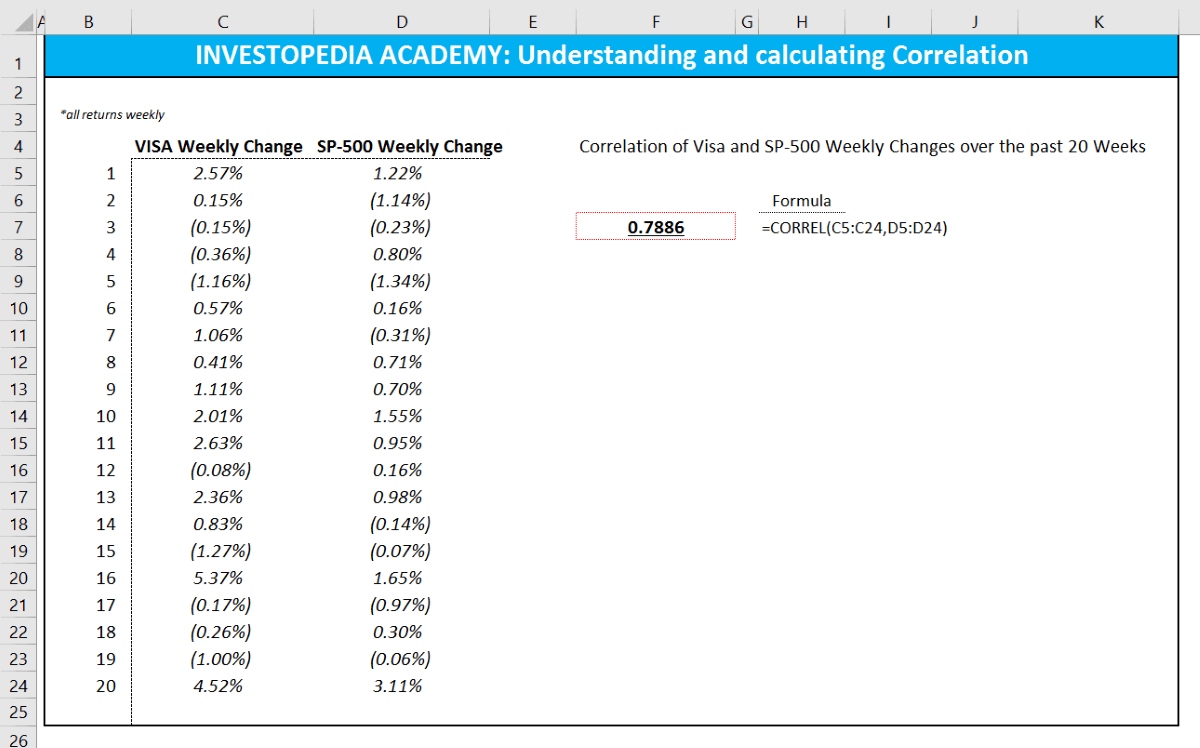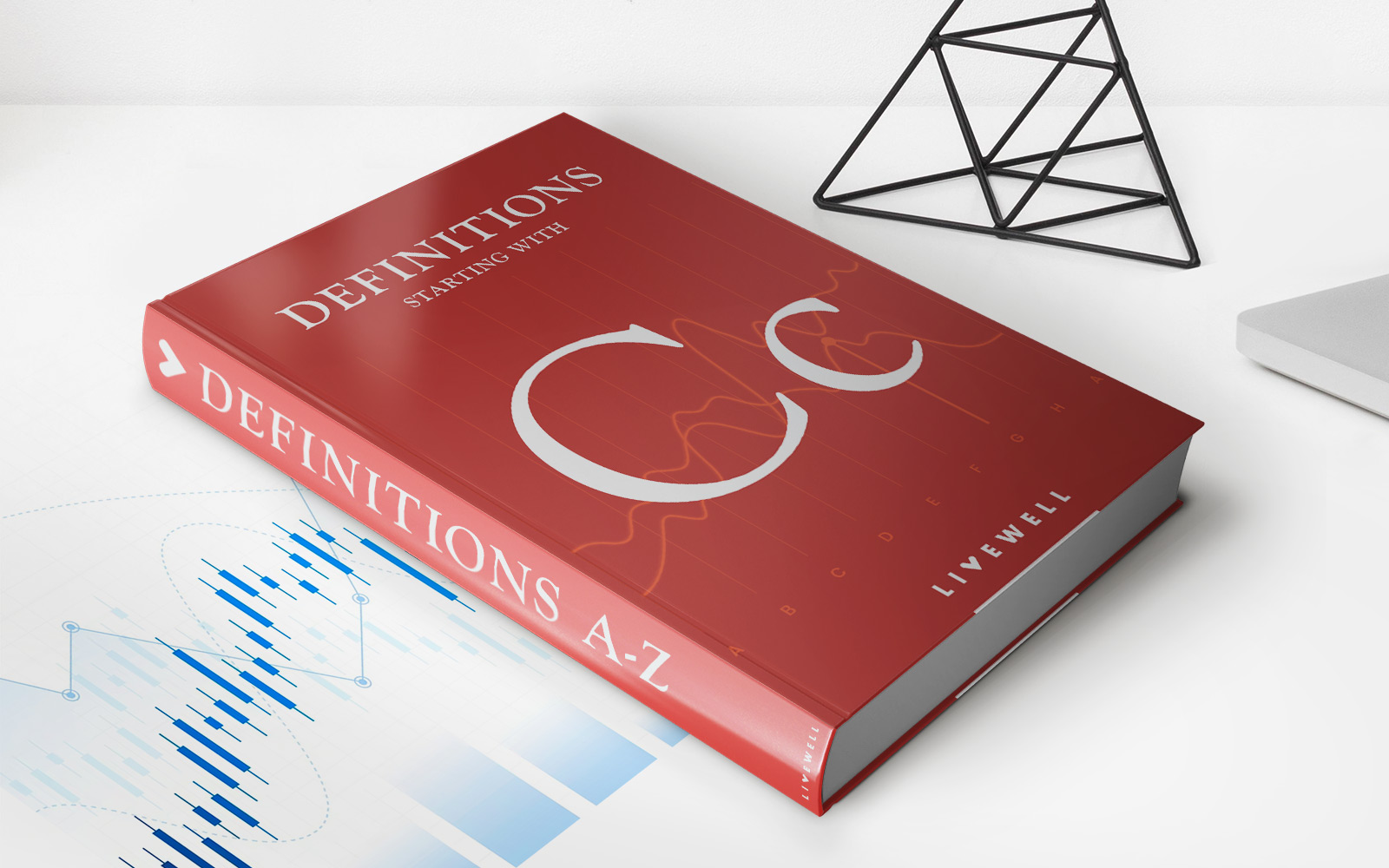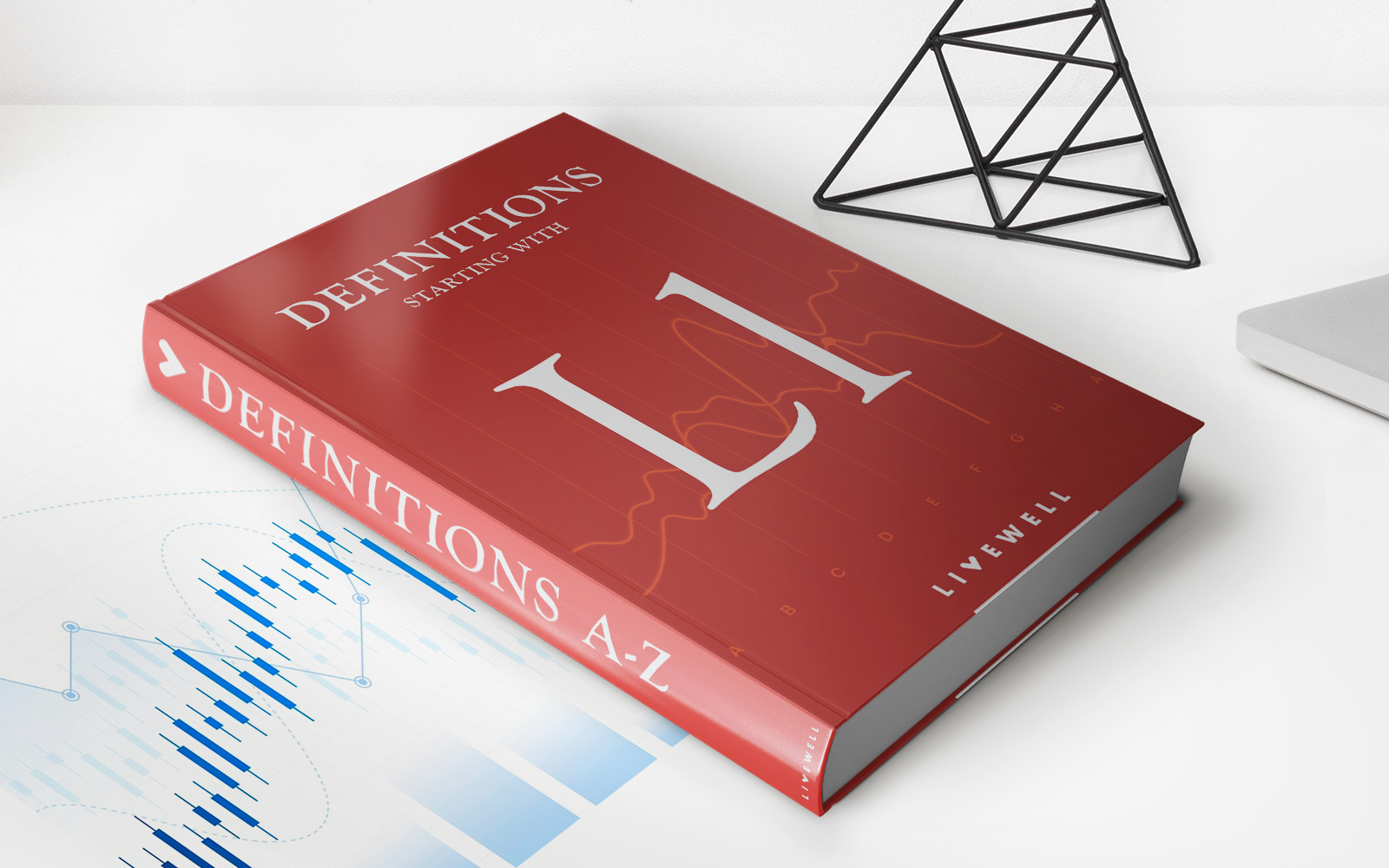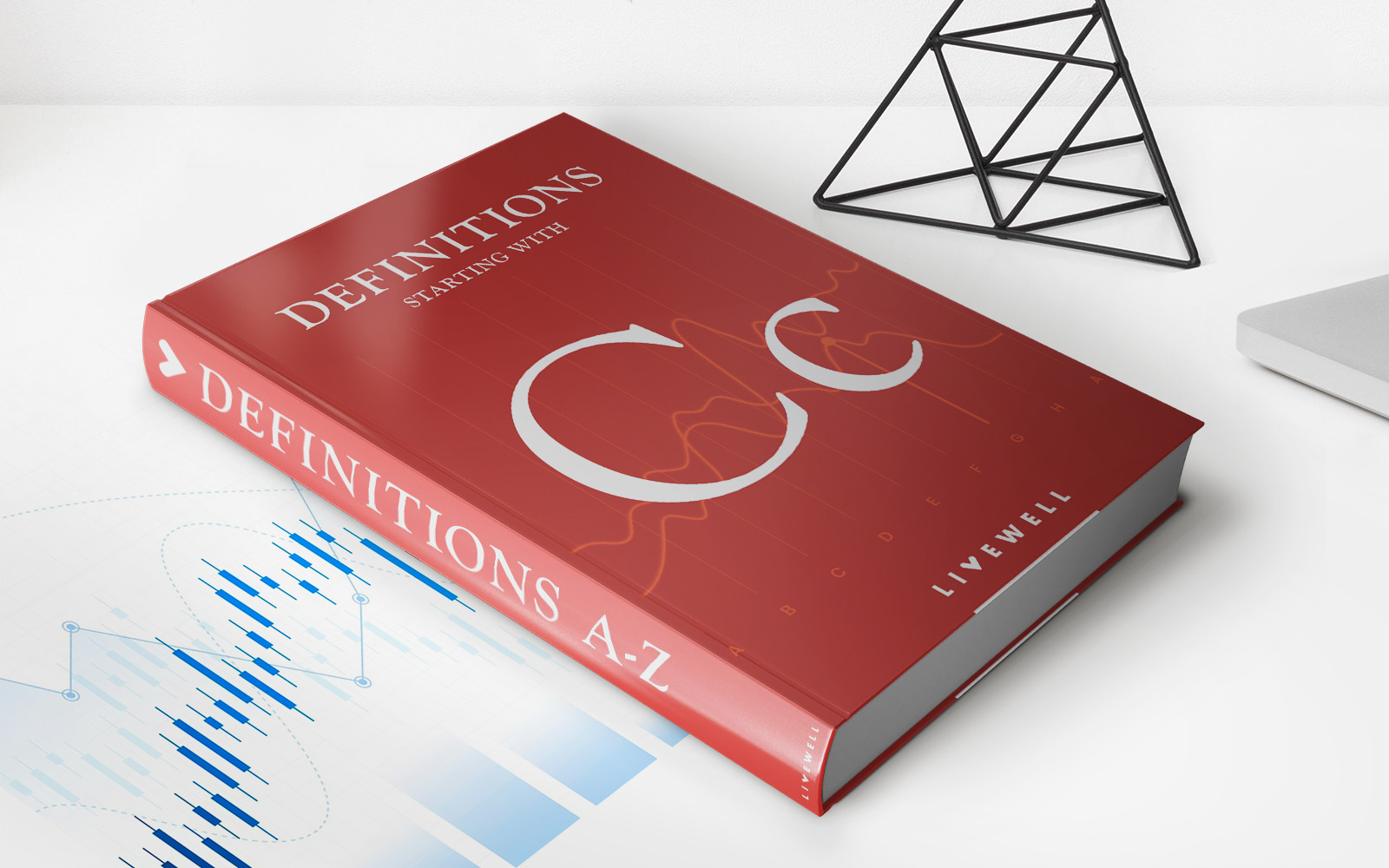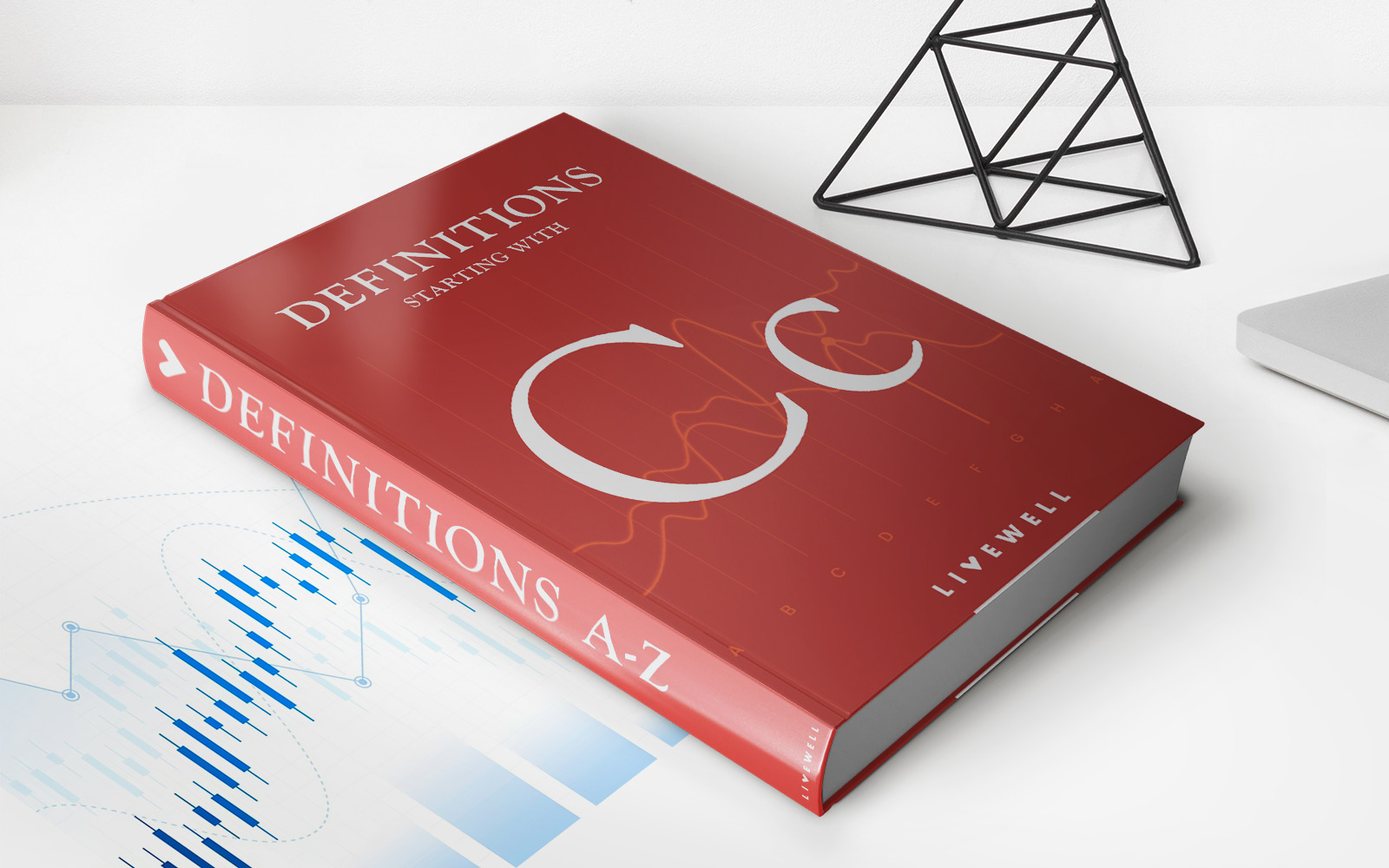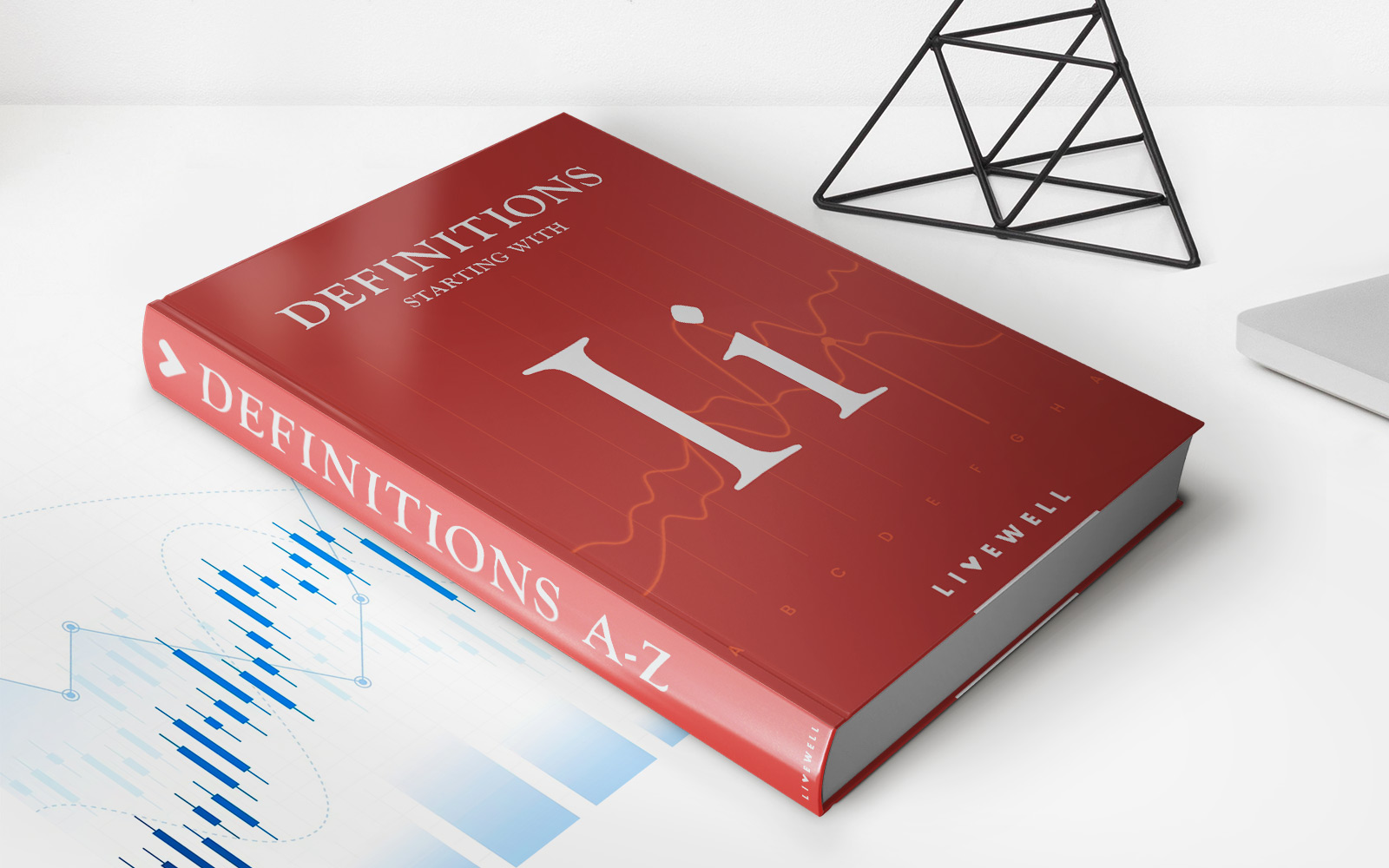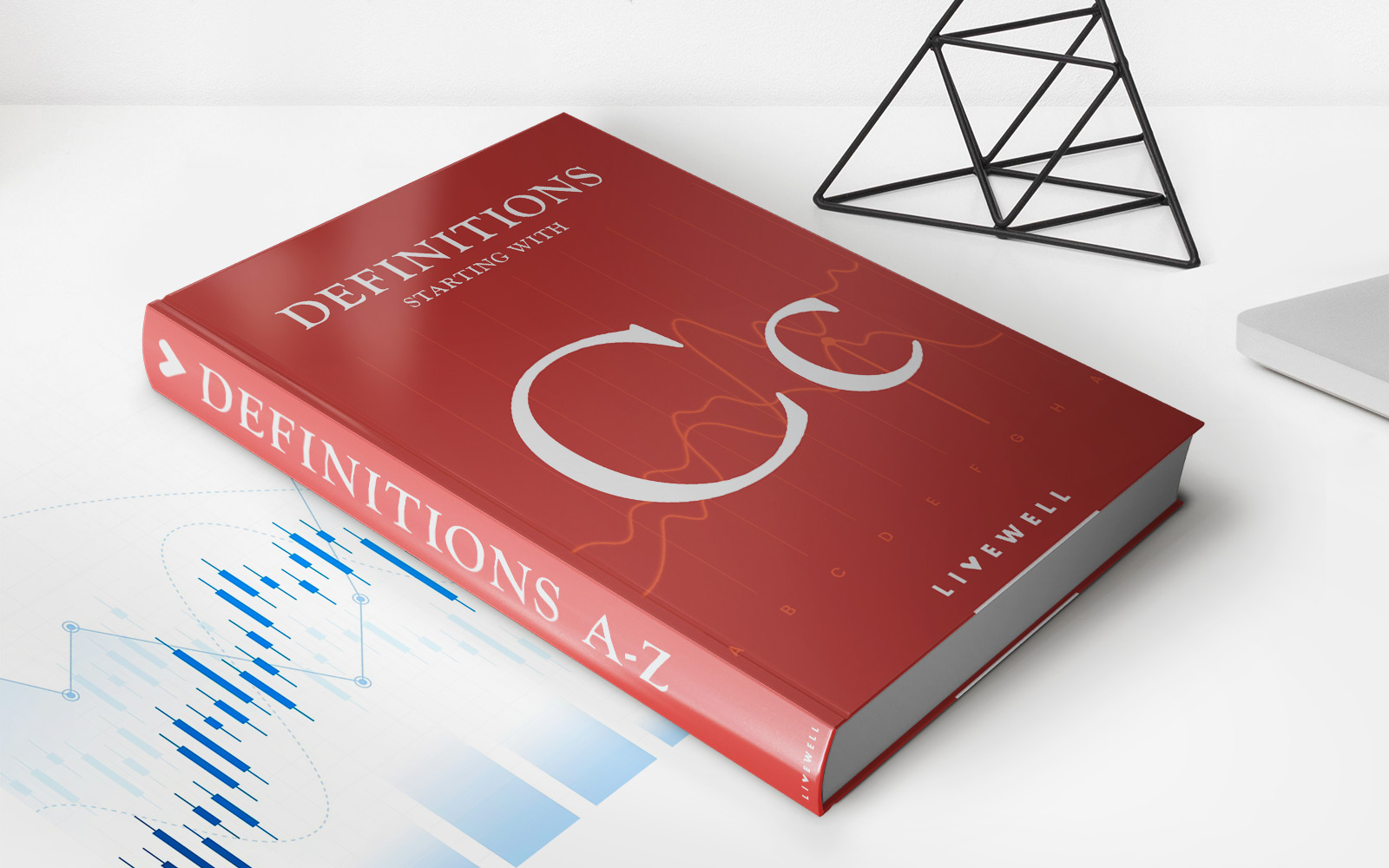

Finance
Cash Contract Definition
Published: October 24, 2023
Learn the meaning and importance of cash contracts in the financial industry. Discover how finance professionals utilize cash contracts for various transactions.
(Many of the links in this article redirect to a specific reviewed product. Your purchase of these products through affiliate links helps to generate commission for LiveWell, at no extra cost. Learn more)
Cash Contract Definition: A Guide to Understanding Financial Contracts
When it comes to navigating the complex world of finance, it’s important to have a clear understanding of the various financial contracts that exist. One such contract that plays a crucial role in the financial industry is the cash contract. In this blog post, we’ll dive into the definition of a cash contract, its purpose, and how it works. Whether you’re a seasoned investor or just starting to dip your toes into the world of finance, this guide will provide you with the knowledge you need to comprehend cash contracts.
Key Takeaways:
- A cash contract is a legally binding agreement between two parties that specifies the exchange of goods or services for immediate payment in cash.
- These contracts are commonly used in commodity trading, real estate transactions, and other areas where immediate payment is required.
What is a Cash Contract?
A cash contract, also known as a spot contract, is a financial agreement between two parties that stipulates the immediate exchange of goods or services for instant cash payment. Unlike other types of contracts that involve installment payments or deferred payment terms, cash contracts require immediate settlement in cash.
Cash contracts are commonly used in commodity trading, real estate transactions, and other areas where immediate payment is vital. For example, if you’re a coffee producer and need immediate payment for your crop, you may enter into a cash contract with a buyer who agrees to pay you the agreed-upon amount in cash upon delivery of the beans. It ensures that you receive payment immediately, avoiding the risk of non-payment or delayed payment.
These contracts are legally binding and protect the interests of both parties involved. The cash contract sets out the terms and conditions, including the agreed-upon price, payment method, delivery date, and any other relevant details. Both parties must understand and agree to these terms before entering into the contract.
How Does a Cash Contract Work?
Let’s break down the process of a cash contract:
- Agreement: The two parties involved negotiate and agree upon the terms and conditions of the contract, including the price and delivery terms.
- Documentation: A written contract is drafted and signed by both parties to ensure legal validity.
- Delivery: The buyer receives the goods or services, and the seller receives the agreed-upon payment in cash immediately.
- Settlement: Both parties fulfill their obligations according to the terms agreed in the contract, and the transaction is considered complete.
It’s important to note that the terms and conditions of a cash contract can vary depending on the industry and the parties involved. However, the underlying principle remains the same – immediate cash payment in exchange for goods, services, or assets.
Conclusion
Understanding cash contracts is essential for anyone involved in the world of finance. These agreements provide a way to facilitate immediate transactions, ensuring prompt payment and minimizing the risk of non-payment or delayed payment. Whether you’re a buyer or a seller, knowing the ins and outs of cash contracts will empower you to make informed financial decisions.
So, the next time you come across the term “cash contract,” you’ll have a clear understanding of its definition, purpose, and how it works. By having this knowledge, you’ll be better equipped to navigate the financial landscape and make sound financial choices.
